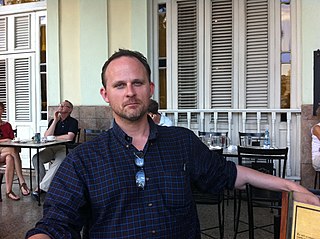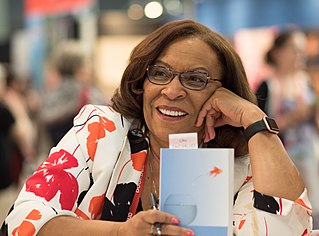A Quote by Maya Angelou
I think we all have empathy. We may not have enough courage to display it.
Related Quotes
I think empathy is a guy who punches you in the face at a bus station, and you're somehow able to look at that him and know enough about what situation he was in to know that he had to do that and not to hit back. That's empathy, and nothing ever happens in writing that has that kind of moral heroism about it.
In empathy, you don't speak at all. You speak with the eyes. You speak with your body. If you say any words at all, it's because you are not sure you are with the person. So you may say some words. But the words are not empathy. Empathy is when the other person feels the connection with what's alive in you.
Prescription for Life-long Happiness: Purpose enough for satisfaction; Work enough for sustenance; Sanity enough to know when to play and rest; Wealth enough for basic needs; Affection enough to like many and love a few; Self-respect enough to love yourself; Charity enough to give to others in need; Courage enough to face difficulties; Creativity enough to solve problems; Humor enough to laugh at will; Hope enough to expect an interesting tomorrow; Gratitude enough to appreciate what you have; Health enough to enjoy life for all its worth.
A decline in courage may be the most striking feature that an outside observer notices in the West today. The Western world has lost its civic courage . . . . Such a decline in courage is particularly noticeable among the ruling and intellectual elite, causing an impression of a loss of courage by the entire society.





































